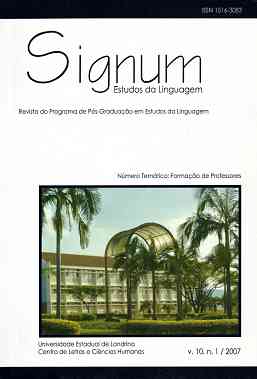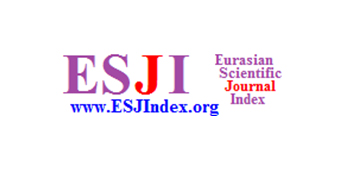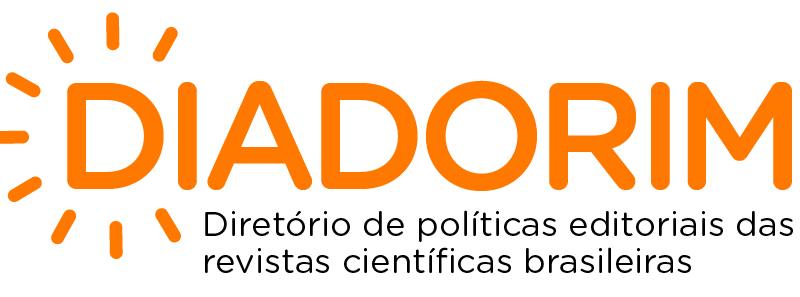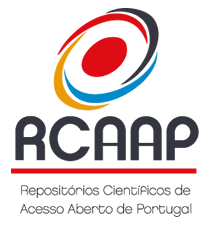Collaboration and trust in foreign language teacher education
DOI:
https://doi.org/10.5433/2237-4876.2007v10n1p11Keywords:
Teacher Education, collaboration, trust, zone of proximal development.Abstract
This paper reports on a case study aimed at fostering the professional development of the participant teacher through self-observation and reflection in collaboration with the researcher. The non-directive and collaborative nature of the data collection methodology used yielded highly interpretive results. These results lead to the conclusion that the participant has shown signs of awareness in relation to various aspects of her own pedagogical performance and the methodology used has proved to be appropriate as a tool to foster teacher reflection. Through a non-directive approach (Freeman, 1990), the researcher assumed the role of collaborative participant. This approach, based on a relationship of trust, was - as it is suggested - exactly what gave the participant teacher the necessary confidence to reflect on her own classroom performance and notice her own problems and difficulties. As she performed the role of a more capable peer (Vygotsky, apud Lantolf & Appel, 1994), therefore acting on the Zone of Proximal Development (ibid), the researcher provided the necessary tools for the development of the participant teacher.
Downloads
Downloads
Published
How to Cite
Issue
Section
License
Copyright (c) 2025 Andréa Machado de Almeida Mattos

This work is licensed under a Creative Commons Attribution-NonCommercial-NoDerivatives 4.0 International License.
This journal reserves the right to make, in the originals, normative, orthographic and grammatical modifications in order to maintain the standard language and the credibility of the publication. It will respect, however, the authors' style of writing. Modifications, corrections and suggestions of conceptual order will be forwarded to the authors, if necessary. In these cases, the papers, once appropriate, should be submitted to a new appreciation. The final examinations will not be forwarded to the authors. Works published become property of Signum, being its total or partial reprint subject to an explicit authorization of the journal. In all subsequent quotes the original source of publication should be mentioned, in case, in Photographic Discourse. Opinions emitted by the authors are their exclusive responsibility.
















